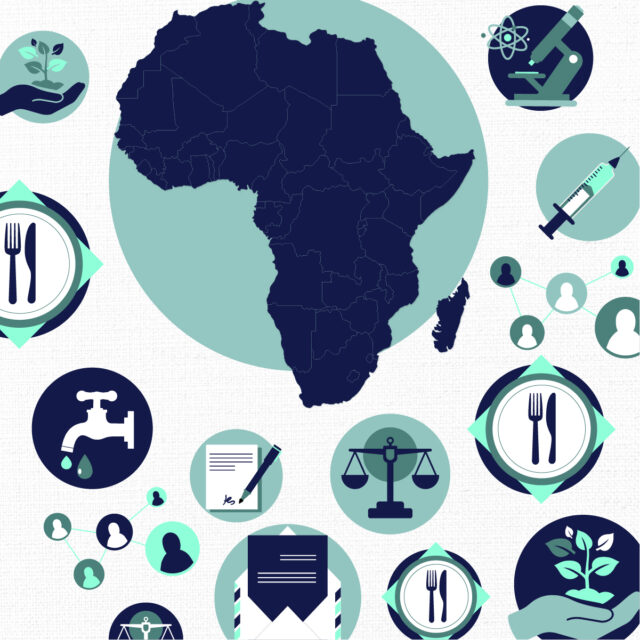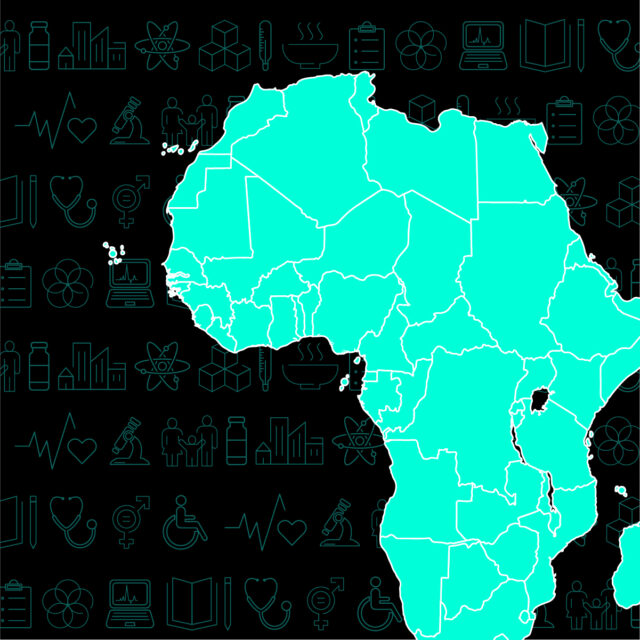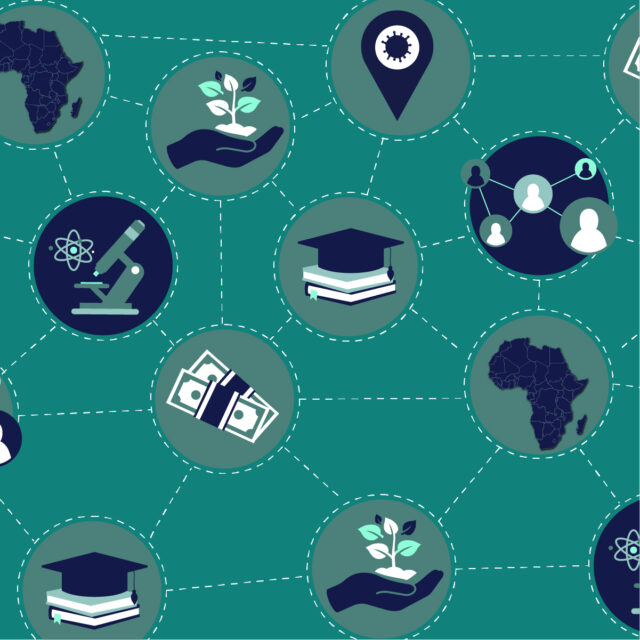Top news
Model behavior: A new COVID vaccine is on the block – and the US scientists behind it decided to make it available to the world (read: no patents, no-frills tech transfer, and a round of applause from us to the makers, Texas Children’s Hospital and Baylor College of Medicine). Production is underway in India under the drug name CORBEVAX, and its inventors speculate that it will soon reach more people in middle- and low-income countries than those donated by G7 nations. It’s already been licensed for production in Botswana and other African countries. This new “World’s Vaccine” is made through microbial fermentation, which is already used widely in African labs, making it much easier to produce than vaccines using mRNA technology. Adding to its accolades: It’s also easy to store and inexpensive to make.
Not feelin’ (20)22: This new vaccine is extremely welcome news, because the world is currently very far off from its New Year’s resolution to vaccinate 70% of every country by this September. This goal is only feasible in about a dozen African countries, according to ONE’s new analysis. Countries such as Botswana and Rwanda should easily hit this mark, but for others such as Chad, it could be as late as 2114 at the current, sluggish pace. That’s partly because G7 countries still haven’t delivered on their dose sharing commitments. COVAX delivered a little over 300 million doses in 2021 — less than half of what it had promised. Check out ONE’s Pandemic Report Cards to see how individual G7 countries are performing.
Is boosted the new vaxxed?: As Omicron floods hospitals, some increasingly consider boosters to be the new standard for full vaccination. US health officials announced this week that a booster is necessary to remain “up to date” on COVID vaccinations (although their definition of fully vaccinated remains unchanged). But as richer countries roll out third (and fourth) doses, global distribution of boosters remains vastly unequal: over 535 million people have received boosters in high-income countries, while just 57 million people in low-income countries have received their first dose. If (or perhaps when) boosters become the medical standard, progress towards the 70% vaccination target will be massively upended.
Goodbye wave: South Africa appears to be past its peak of deaths and hospitalizations from the Omicron-driven COVID wave. Scientists estimate that excess deaths (a proxy for COVID’s true toll) peaked in the country at around 3,000 a week in this wave, dramatically lower than the Delta and Beta peaks (around 10,000 and 16,000, respectively). The Omicron wave also appears to have started – and slowed – more suddenly than previous waves. While this gives hope that the latest surges of COVID cases and restrictions in African countries could be short-lived, South Africa entered the Omicron wave with a vaccination rate three times higher than the continent’s average, which improved the country’s outcomes.
New year, same problems: 92 countries failed to meet the WHO goal to reach 40% vaccination in all countries in 2021. Meanwhile, cases in Africa have hit pandemic highs. This week, Mozambique’s President Filipe Nyusi and his wife became the third head of state in southern Africa to test positive for COVID in recent weeks, after South African President Cyril Ramaphosa and Namibian President Hage Geingob.
The real flightmare: One lesson that we all (hopefully) learnt late in 2021 is that our pandemic fates are interconnected. Omicron’s rapid global spread triggered thousands of flight cancellations globally, dubbed a “flightmare” by some. But attention seems to have waned on the continued biased restrictions on African countries, with Kenyans still banned from 40 countries.
My flurona: The combination of the flu and COVID in a patient in Israel has been labelled “flurona,” in a new double dose of virus. The patient, the first recorded person to have both viruses at the same time, was a young, unvaccinated pregnant woman who presented with mild symptoms. Given the pandemic’s impact on vaccination campaigns in Africa and lower-income countries in general, the possibility of combined infections presents added complexity and risk to those without equitable access to COVID vaccines or therapeutics.
Getting chippy: Kenyan KFC chains have run out of imported potatoes to make chips – making the restaurant the latest victim of pandemic-induced global supply chain issues. People took to Twitter to express their distaste over the issue, which has also impacted South Africa, the US, and Japan. But this story has a crispy, golden upside: it’s forcing KFC to work with Kenyan potato farmers to increase their capacity and quality control in order to meet supply chain requirements for the US-owned company, which could benefit the sector in the long run.
Organising for organised crime: Senior South African politicians, including former President Jacob Zuma, led a years-long effort to weaken the South African Revenue Service (SARS), which oversees taxation and enforces legislation, according to a blistering new report by the Judicial Commission. These findings come among a broader investigation into issues of corruption and mismanagement of resources through South Africa’s public sector. Paired with the recent wave of COVID-19 cases, South Africa is having a tumultuous transition into the new year.
The numbers
- 50% of Nigerian households cut back on food purchases between July and December of last year, due to falling wages and rising food costs.
- 0 G7 countries have yet to fulfill their commitments to end the pandemic.
- 9 boosters shots are administered globally for every first dose administered in low-income countries.
More reads
- Recent analysis from the World Bank shows that unsustainable development provides a lower impact on poverty reduction than sustainable development, reinforcing previous studies.
- The UK government has wasted £13 billion in military equipment, according to a recently published audit. That’s more than the entire year’s aid budget.
- African health officials can take a few lessons from the COVID vaccine rollout as they eye distributing the new malaria vaccine.
- In remembrance of Archbishop Desmond Tutu, ONE’s CEO Gayle Smith reflects on the loss of a fierce and compelling individual and key figure head in the Apartheid movement.
- ONE’s Pandemic Response Report Cards track how the world’s most developed economies are delivering on their promises to end the pandemic. Most are well behind schedule.



